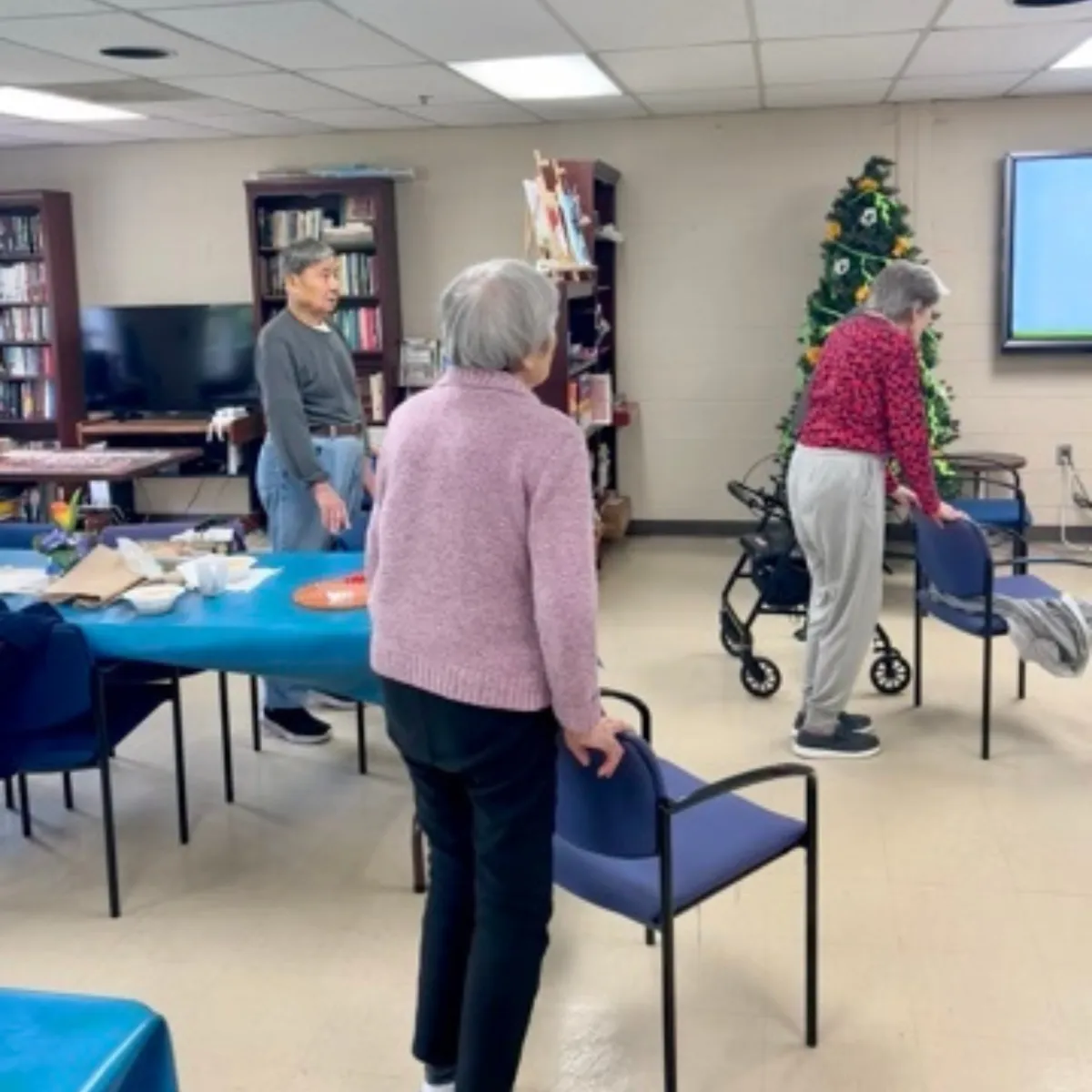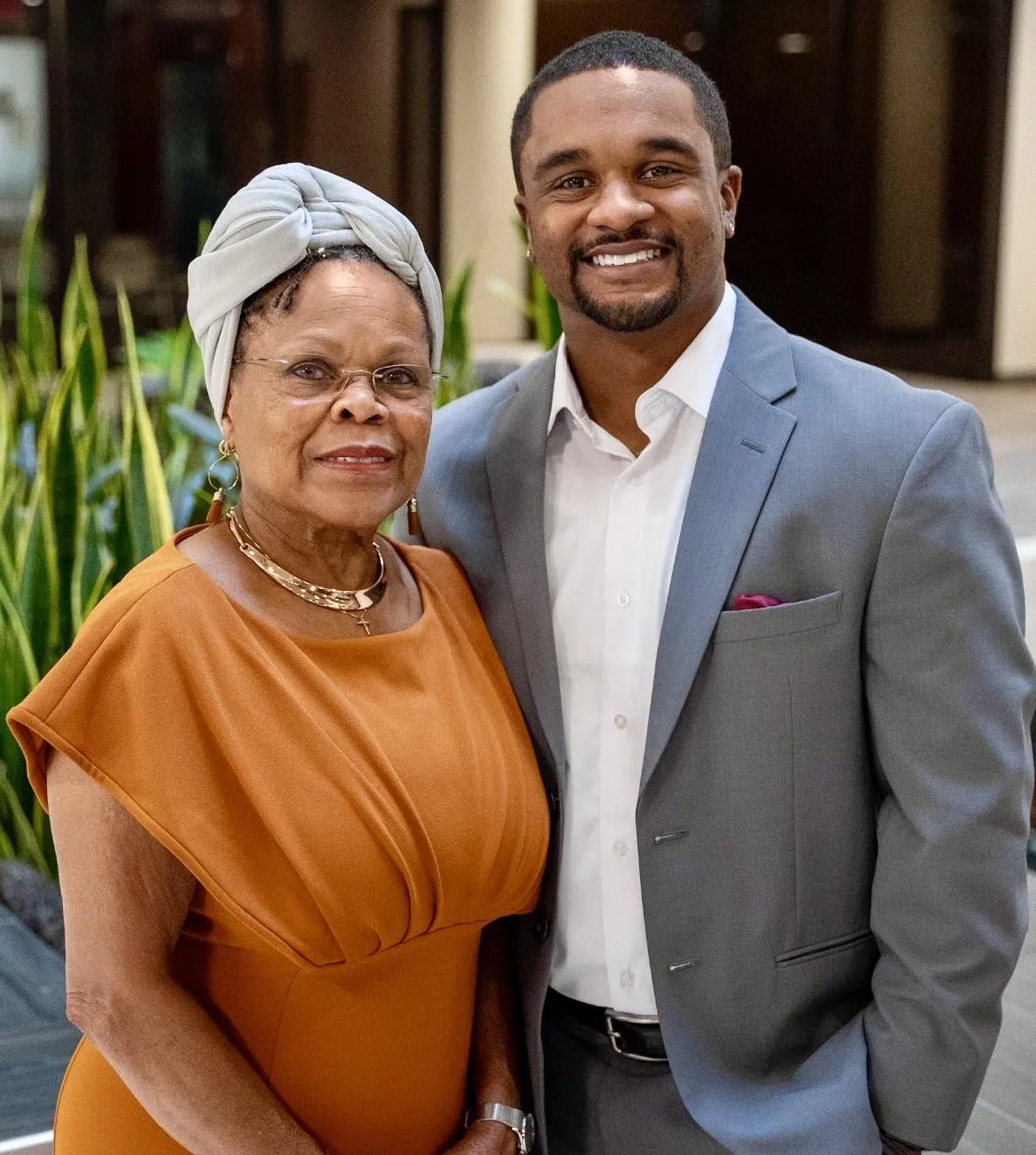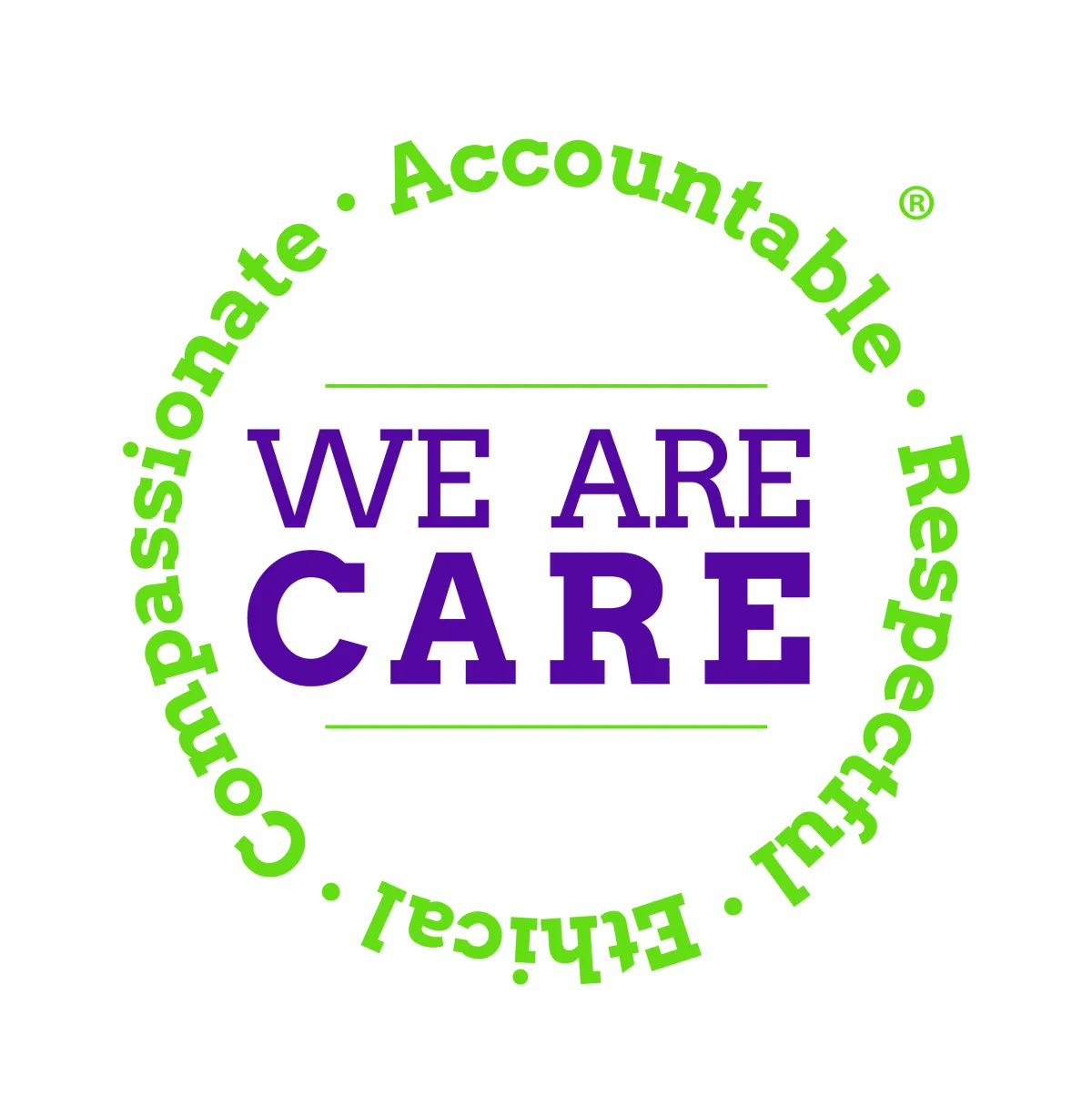
Blog

Home Care Help for Seniors: Mastering Tech with Ease
Comprehensive Senior Care Resources and Support for Helping Seniors
The complexity of caring for aging family members requires knowing which resources to tap into. With shifting demographics and evolving care models, families face challenging questions: Where can they find practical, government-backed support, beneficial activities for seniors, and reliable health and housing services? This guide outlines essential resources to help families navigate the senior care landscape. It explores government programs, local service centers, legal and financial planning, activities for health and social engagement, financial assistance options, healthcare services, technological support, caregiver resources, and housing options. Every section offers clear answers and step-by-step instructions so families can care for elderly parents with confidence while managing costs and ensuring safety.
Transitioning from understanding resources to applying them, families can explore concrete strategies to improve seniors’ quality of life. The following sections present these strategies in detail.
What Are the Essential Senior Care Resources Every Family Should Know?
Families often ask: What are the essential in home senior care resources? The answer includes government assistance programs, local service directories, and legal and financial planning resources.
Which Government Programs Support Seniors’ Needs?
Government programs serve as a vital support net. Federal and state agencies offer benefits covering health, nutrition, and welfare. Programs like Social Security, Medicare, and Medicaid help with health-related expenses. The Older Americans Act sponsors programs for nutrition, transportation, and social engagement. Local offices may provide supplemental grants and low-income housing options. With clear eligibility criteria, many families can access these services by contacting local offices or visiting designated websites. These programs aim to relieve financial burdens and promote overall senior wellness while integrating services such as home assistance for elderly and in home caregivers for seniors.
How to Find Local Senior Centers and Service Directories?
Local senior centers provide more than just recreation. They offer meals, exercise classes, health screenings, and social events that boost both physical and mental well-being. Municipal websites, local health departments, and community bulletin boards are key for finding these centers. County governments and nonprofits often publish searchable directories that list programs—from transportation and health counseling to social activities. By using these directories regularly, families can stay updated on available services that support both senior care assistance and seniors helping seniors.
What Legal and Financial Planning Resources Are Available for Seniors?
Legal advice and financial planning help secure seniors’ futures. Numerous nonprofits offer free or low-cost consultations on estate planning, elder abuse, and healthcare directives. Workshops addressing budgeting, retirement planning, and reverse mortgages are available through community centers and online portals. Families may also consult elder law attorneys when preparing documents like living wills, powers of attorney, and trusts. These resources ensure that seniors’ rights and assets are protected, providing much-needed support for caregivers managing in home assistance for seniors.
What Are the Best Activities for Elderly to Promote Health and Social Engagement?
Engaging seniors in regular activities is proven to enhance physical health, mental acuity, and social connection. Activities should be suited to individual abilities, offering both in home care options and community-based programs supporting senior home services.
Which Indoor Activities Are Suitable for Seniors With Limited Mobility?
For seniors with limited mobility, indoor activities that focus on gentle movement and mental stimulation can be very effective. Seated exercises like chair yoga and tai chi help improve flexibility and balance without straining joints. Art therapy—including painting, music, or crafts—stimulates creativity and offers emotional expression. Puzzle-solving, board games, and memory games support cognitive function. In addition, video calls and online learning platforms help seniors stay connected with family members, promoting social engagement and providing in home assistance for elderly.
What Outdoor Activities Encourage Physical and Mental Wellness?
Outdoor activities offer seniors the benefits of exercise and fresh air. Walking clubs, gardening, and light cycling support cardiovascular health and provide interaction with nature. Exposure to sunlight improves vitamin D levels which is critical for bone health. Organized group walks or nature excursions can combine physical activity with learning about the environment. Even activities like bird watching or photography allow for moderate movement and mental engagement. Such outdoor pursuits help reduce stress and can support overall well-being for seniors.
How Can Social Activities Improve Seniors’ Quality of Life?
Social engagement is crucial to seniors’ cognitive and emotional well-being. Group activities such as book clubs, volunteer programs, and discussion groups foster social connections while reducing isolation. Participation in community theater, music ensembles, or dance classes builds self-esteem and creativity. Intergenerational programs also allow younger volunteers to connect with seniors, promoting mutual support and understanding. These social activities, combined with other forms of senior care assistance, play an essential role in maintaining mental health.
What Activities Are Recommended for Seniors With Dementia?
For seniors with dementia, activities should be both structured and familiar. Reminiscence therapy, where they recall past experiences through photos, music, or storytelling, can help trigger memories. Simple tasks—like sorting objects by color or shape—provide a sense of accomplishment and stimulate cognition. Gentle physical activities, such as supervised stretches or slow-paced walking, are beneficial. Multi-sensory activities including aromatherapy or handling textured fabrics ease anxiety and aid orientation. These tailored activities are designed to lower agitation and promote emotional comfort.
How Can Seniors Access Financial Assistance and Manage Costs Effectively?
Managing finances is a crucial part of senior care. A variety of programs exist to assist with healthcare, housing, and everyday expenses.
What Types of Financial Assistance Are Available for Seniors?
Many financial assistance options are available to ease economic hardships. Direct monetary benefits like Social Security provide a regular income, while Supplemental Security Income (SSI) offers additional funds for low-income seniors. Local programs may also offer emergency grants, utility subsidies, and food assistance. Nonprofits often help with prescription costs and home modifications, supporting safety and independence. Reverse mortgages provide an option for converting home equity into cash, helping families manage senior home services and in home assistance for seniors without needing to sell property.
How Do Grants, Low-Income Housing, and Reverse Mortgages Work?
Grants are non-repayable funds provided by federal, state, or private entities and can be used for home modifications or medical expenses. Subsidized housing options are managed by local housing authorities to ensure affordable living conditions. Reverse mortgages allow seniors to borrow against their home equity with repayment triggered by a sale or passing of the homeowner. Understanding eligibility criteria and application requirements is essential. Financial advisors and local senior resource centers can offer guides and advice, ensuring seniors make informed decisions that support long-term stability.
What Are Key Tips for Financial Planning in Retirement?
Effective financial planning for retirement involves realistic budgeting and careful management of fixed expenses such as housing, utilities, and healthcare. Working with financial planners can help prioritize safe income sources over higher-risk investments. Retirees should consider long-term care insurance, estate planning, and regular financial reviews to adapt to changing needs. Balancing government assistance, personal savings, and external advice enables seniors to maintain independence while managing costs effectively.
What Healthcare Services Are Essential for Supporting Seniors’ Wellbeing?
Seniors have diverse healthcare needs that require a comprehensive approach. Access to a range of healthcare services is critical for maintaining independence while addressing physical, mental, and long-term care challenges.
How to Choose Home Healthcare Services Near Me?
Choosing effective home healthcare services involves assessing providers’ qualifications, reputation, and range of services. Trusted agencies typically offer skilled nursing, physical therapy, and help with daily activities. Reviews, certifications, and referrals from local health departments or senior care organizations can guide families toward reliable services. It is important to evaluate staffing, rates, and available emergency response procedures. This ensures that seniors receive the support they need in a dignified manner while staying in a comfortable home environment.
What Roles Do Geriatricians, Occupational, and Physical Therapists Play?
Geriatricians specialize in treating conditions common among older adults and can provide tailored medical assessments for chronic diseases. Occupational therapists assist seniors in adapting their living spaces and routines to maximize independence. Physical therapists help improve mobility and manage pain through personalized exercise plans. The coordinated effort of these professionals reduces hospital readmissions and enhances seniors’ overall rehabilitation and quality of life.
How Can Seniors Access Mental Health and Specialized Care?
Mental health is as vital as physical health for seniors. Many healthcare facilities now offer counseling, psychiatric care, and specialized therapies aimed at treating depression, anxiety, and cognitive decline. Telehealth services provide remote consultations, which are particularly useful for seniors with mobility challenges or those in rural areas. Specialized centers dedicated to managing Alzheimer’s and other chronic conditions offer integrated programs with medication management and community support. Regular mental health screenings are encouraged as part of routine care.
How Is Technology Enhancing Elderly Care and Daily Living?
Technology is transforming the way seniors receive care, enhancing safety, connectivity, and independence. From smart home devices to telehealth systems, modern tools are bridging the gap between traditional care methods and innovative solutions.
What Are the Best Smart Home Devices for Seniors’ Safety and Comfort?
Smart home devices provide significant safety and comfort benefits for seniors. Devices like smart doorbells, automated lighting, and remote-controlled thermostats allow seniors to manage their environment easily. Voice-activated assistants can remind seniors to take medication, while fall detection systems alert caregivers in emergencies. These technologies integrate seamlessly into daily life, reducing risks and enhancing the quality of life while supporting independent living.
How Does Telehealth Improve Access to Senior Healthcare?
Telehealth has become a critical component of senior healthcare by enabling video consultations and remote monitoring. This minimizes travel and streamlines the diagnostic process as vital health data is transmitted in real-time. For seniors in rural or remote areas, telehealth provides timely access to specialized care. Its convenience leads to better adherence to treatment plans, ensuring seniors receive necessary medical advice without the challenges of in-person visits.
Which Fall Detection and Medication Reminder Systems Are Most Effective?
Fall detection systems and medication reminder tools are essential for reducing risks and ensuring treatment adherence. Advanced devices use motion sensors and AI algorithms to quickly identify falls, alerting caregivers immediately. Medication reminder systems, whether wearable or app-based, help seniors maintain proper dosing schedules. These systems underscore the role of technology in fostering safer, more independent daily living.
How Can Family Caregivers Support Seniors Effectively?
Family caregivers are vital in ensuring seniors receive quality care. Balancing multiple responsibilities, caregivers benefit from resources that help manage both practical duties and the emotional challenges of caregiving.
What Resources Help Family Caregivers Manage Their Responsibilities?
Caregivers can access programs such as counseling services, training workshops, and comprehensive online resources. Many communities offer respite care services that allow caregivers to take temporary breaks and prevent burnout. Financial assistance programs for transportation, medical supplies, and home modifications are also available. Technology tools like scheduling apps further streamline caregiving tasks and help caregivers stay organized while supporting in home caregivers for seniors.
How to Find Respite Care and Support Groups?
Respite care offers temporary professional support so that caregivers can rest. Local senior centers, health departments, and nonprofit organizations provide these services. Both in-person and online support groups offer forums for sharing experiences, practical advice, and emotional support. Such networks are essential to prevent isolation and reduce stress among caregivers.
What Legal Considerations Should Caregivers Know?
Understanding legal documents such as powers of attorney, healthcare proxies, and advance directives is crucial for caregivers. Familiarity with elder abuse laws and reporting procedures also helps protect vulnerable seniors. Consulting with elder law attorneys can provide personalized advice on estate planning and benefits, ensuring legal matters are managed effectively.
What Are the Best Housing Options for Seniors Needing Assisted Living or Nursing Care?
Selecting the right housing for seniors is key to ensuring long-term care. Options range from assisted living facilities to nursing homes and specialized housing solutions.
How to Choose Between Assisted Living Facilities and Nursing Homes?
Assisted living facilities provide a semi-independent setting with daily care and community activities, suitable for seniors who need some daily assistance yet wish to maintain independence. Nursing homes offer intensive, round-the-clock medical and personal care, fitting for those with chronic conditions. Considerations include the level of care needed, staff ratios, facility accreditation, and available amenities. Comparing fees and visiting facilities with healthcare professionals can help in choosing the best option.
What Are Key Factors When Evaluating Senior Housing Options?
Evaluating housing options involves considering proximity to family, access to healthcare, and local amenities. Safety features like emergency call systems and non-slip flooring are essential. Also, assess the community culture, available social activities, and meal services. Reviewing contractual terms helps avoid unexpected financial burdens.
How Can Seniors Plan for Long-Term Care Housing Costs?
Long-term care can be expensive, so careful financial planning is necessary. Budgeting, accessing government benefits such as Medicaid, and exploring long-term care insurance options are key strategies. Reverse mortgages and sliding scale fee structures can also provide relief. Consulting financial planners specializing in elder care ensures that housing decisions align with current resources and future needs.
Frequently Asked Questions
Q: What government programs can help cover senior healthcare costs? A: Programs like Medicare, Medicaid, Social Security, and the Older Americans Act provide direct health, nutrition, and welfare assistance to seniors, reducing financial burdens and ensuring access to necessary healthcare.
Q: How can local senior centers benefit seniors with limited mobility? A: Local senior centers offer indoor activities such as chair yoga, arts and crafts, and memory games. These programs help maintain cognitive functions, reduce isolation, and provide a social outlet.
Q: What financial strategies best support long-term care planning for seniors? A: Effective strategies include combining direct benefits, low-income housing options, reverse mortgages, long-term care insurance, and careful budgeting to ensure both immediate support and long-term stability.
Q: In what ways is telehealth making a difference in senior care? A: Telehealth provides remote video consultations and continuous health monitoring, reducing travel challenges and ensuring timely medical intervention—especially beneficial for seniors with limited mobility or those in rural settings.
Q: What considerations are essential when evaluating nursing homes versus assisted living facilities? A: Important factors include the level of required medical care, safety features, location, overall cost, and available amenities. Nursing homes typically offer 24/7 care, while assisted living facilities are best for seniors who need modest daily assistance.
Q: How do smart home devices contribute to the safety of seniors? A: Smart devices like fall detection systems, automated lighting, and voice-activated assistants help manage daily routines and provide immediate alerts in emergencies, thereby supporting independent living.
Q: What legal documents are most essential for protecting seniors’ interests? A: Critical documents include powers of attorney, living wills, healthcare proxies, and trust agreements. These ensure that seniors’ wishes are respected, protect their assets, and offer clear directives during medical or legal emergencies.
Final Thoughts
This comprehensive guide has outlined a range of resources for senior care—from government programs and local directories to legal, financial, and healthcare support. Families can leverage these insights to choose appropriate housing options and adopt technology-enhanced strategies for daily living. With practical tools and specialized services in place, caregivers are better equipped to support their aging loved ones while managing costs and improving quality of life. By embracing these resources, families can create a secure and compassionate environment that honorably addresses the evolving needs of seniors.
We are C.A.R.E.
✅ Compassionate
✅ Accountable
✅ Respectful
✅ Ethical
A Mother & Son Duo. We are family! We are more than Senior Care providers. We bring Heart and Experience into Senior Care.
Our President is a Social Worker and Mental Health Therapist. He believes every Senior deserves to Age with Dignity and Independence. Our Chief Operations Officer is a retired Teacher and lifelong Educator. She ensures every client receives High-Quality Care while aging in place.
Together, they Walk by Faith, Live with Hope and Love, and Share a deep and abiding commitment to the Elderly. They work diligently to support Families who CARE for loved ones At Home.

Our Mission
Metro Atlanta's and North Georgia’s Trusted Source for In-Home Care.
We Support the Whole Person: Mind, Body, and Spirit.
Guided by Dignity, Warmth, and Heart.
We show up, Serve with Purpose, and Care for Your Family.
This is our Commitment. This is our Promise. No One Ages Alone.
Our Promise
Metro Atlanta's and North Georgia’s Trusted Source for In-Home Care. We Support the Whole Person: Mind, Body, and Spirit. Guided by Dignity, Warmth, and Heart, we Show up, Serve with Purpose, and Care for Your Family.
This is our Commitment. This is our Promise. No One Ages Alone.
Why Families and Professionals Trust
A Place At Home Alpharetta
A Place At Home Alpharetta is more than a Company. We are an Agency that Families, Physicians, and Professionals Trust.
Built on a Divine foundation of Compassion, Patience, and a Genuine Love for Seniors, we Walk beside those facing some of life’s most delicate moments. Through illness, transitions, and uncertainty, we provide Steady, Reliable Care offering Comfort, Kindness, and Reassurance when it matters most.
Families, Physicians, and Professionals place their trust in A Place At Home Alpharetta because our care is grounded in
Compassion, Accountability, Respect, and Ethics (C.A.R.E.).
We deliver more than care, we honor each person’s dignity, support their well-being, and bring peace of mind to Families who Entrust their loved ones to us.

Get In Touch 24/7
Address: 1104 Macy Dr. Roswell, GA. 30076
Copyright © 2025 All Right Reserved A Better Caregiver At Home LLC

